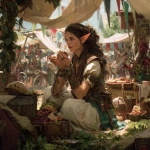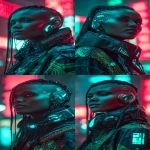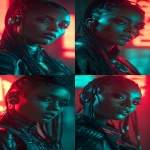Explore the Best AI Image Gallery
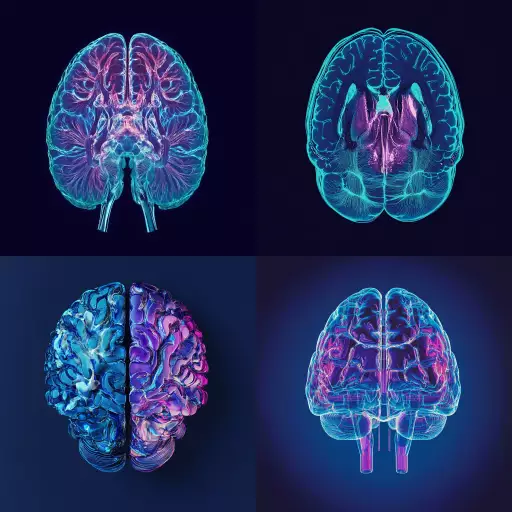
AI-Generated Images: Reshaping the Marketing Landscape
The world of marketing is undergoing a rapid transformation, fueled by the rise of artificial intelligence. One of the most exciting and impactful developments in this realm is the emergence of AI-generated images. These computer-created visuals have the potential to revolutionize how brands communicate with their audiences, opening up new possibilities for creativity, personalization, and efficiency.
Potential Uses in Marketing
AI-generated images offer a wide range of applications in marketing across various channels and campaigns:
- Social Media Content Creation: Generate eye-catching visuals for social media platforms, such as Instagram, Facebook, and Twitter. AI can create unique images tailored to specific demographics and interests, enhancing engagement and reach.
- Advertising Campaigns: Craft compelling visuals for advertising campaigns across print, digital, and out-of-home channels. AI can personalize ads based on user data, creating more relevant and effective messaging.
- Website and Landing Page Design: Enhance website aesthetics and user experience with AI-generated images. From background patterns to product visualizations, these visuals can make websites more visually appealing and engaging.
- Email Marketing: Create personalized email campaigns with unique visuals that resonate with subscribers. AI can generate images based on user preferences and purchase history, increasing open rates and conversions.
The Creative Canvas: How AI Empowers Marketers
AI-generated images empower marketers to explore new creative avenues:
- Unlimited Design Options: Access a vast library of image styles, concepts, and variations. Quickly iterate through different design ideas and find the perfect visual for any campaign.
- Personalized Content at Scale: Generate unique visuals for individual customers or target segments, creating a more personalized and impactful marketing experience.
- Cost-Effectiveness: Reduce reliance on freelance designers or stock image libraries. AI-powered tools can generate high-quality images at a lower cost.
Ethical Considerations
The use of AI-generated images in marketing raises important ethical considerations:
- Authenticity and Transparency: It is crucial to clearly disclose when content is created using AI. Consumers have the right to know if they are interacting with human-made or AI-generated visuals.
- Bias and Representation: AI algorithms can perpetuate existing biases present in training data. It is essential to ensure that AI-generated images represent diverse perspectives and avoid reinforcing harmful stereotypes.
- Copyright and Ownership: The legal implications of copyright for AI-generated images are still evolving. Clear guidelines and regulations are needed to address ownership and intellectual property rights.
Future Trends
The future of AI-generated images in marketing holds immense potential:
- Hyper-Personalization: AI will enable even more personalized visuals tailored to individual consumer preferences and behaviors.
- Interactive Content: Expect to see AI-generated images that respond to user interactions, creating immersive and engaging experiences.
- Integration with Other Technologies: AI image generation will likely become seamlessly integrated with other technologies, such as augmented reality (AR) and virtual reality (VR), for enhanced marketing applications.
AI-generated images are poised to revolutionize the marketing landscape. By embracing these transformative tools while addressing ethical considerations, brands can unlock new levels of creativity, personalization, and effectiveness in their marketing efforts.
](https://images.ai-img.art/thumbnails/150/08baaaca8d12502f281846feba6b0cf89edf106843ff56346812f5eec39eeed1.webp)
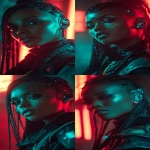

](https://images.ai-img.art/thumbnails/150/916a8f2aa9c13d051af4ab588a4921732f41e144150bdfc78853a28500cd717d.webp)
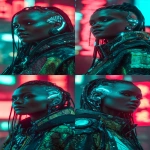

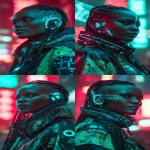


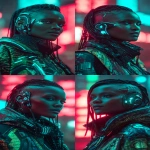




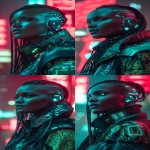


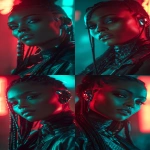


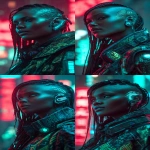

](https://images.ai-img.art/thumbnails/150/6b15b97ffd39aeb1b066fd2c8b33c1a2dd03a3966282ec6508e2c2c205c0360f.webp)

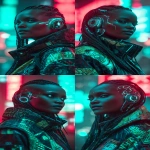


](https://images.ai-img.art/thumbnails/150/477a6a01318cd965f7f5f6ecc623f70e7e61f0004811369ce0977db761aecd57.webp)
](https://images.ai-img.art/thumbnails/150/0791636c23fa42b3fd87dbe2541b7d3047cdb4d5fc0dab19f4efcfe1439963da.webp)
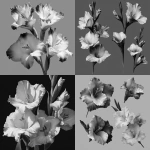

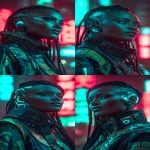




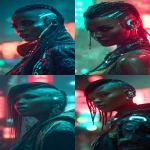


](https://images.ai-img.art/thumbnails/150/ffdc3aeb085cdd89cb67916c26208f25e7c7b0250ad6e5877b48414760697a90.webp)
